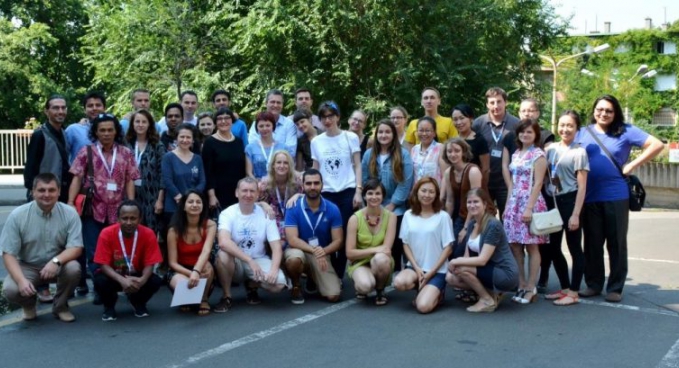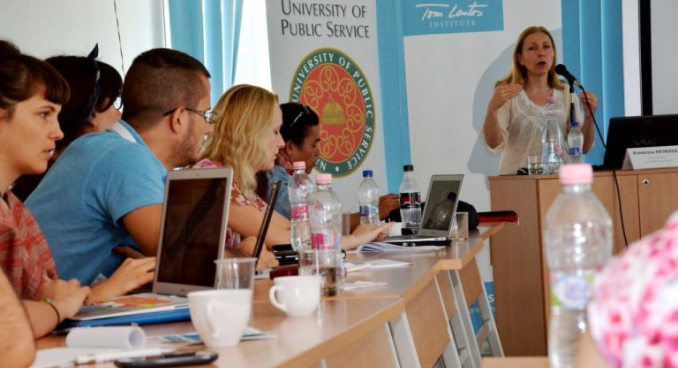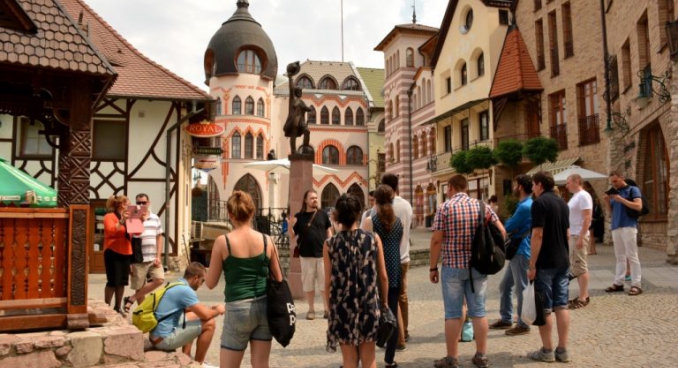Global Minority Rights Summer School 2015 - Event summary
Thirty scholars, researchers and students from 25 countries gathered in Budapest from 19 to 25 July to take part in the third Global Minority Rights Summer School organised by the Tom Lantos Institute, the National University of Public Service, and the Middlesex University of London, with the support of the Ministry of Foreign Affairs and Trade of Hungary. Countries participants came from were Bangladesh, Belgium, China, Croatia, Denmark, Ethiopia, Finland, Georgia, Germany, Hungary, India, Indonesia, Italy, Kazakhstan, Kyrgyzstan, Latvia, Lithuania, Mexico, Montenegro, the Philippines, Poland, Russia, Serbia, South Korea, and the Ukraine. With their great diversity of academic and professional background and such rich socio-cultural and political differences, they also brought with them an acute taste for debate which made this intensive week an unforgettable experience for everyone, including lecturers who received challenging questions and arguments.
The sessions were delivered by well-known experts from Bulgaria, Germany, Hungary, India, Italy, Jordan, Russia, Scotland, Turkey, the United Kingdom, and the United States. The summer school focused on the impact of boundary politics on identity and inequality. Lecture topics covered fields like minority protection, ethnic conflict resolution, international law, geopolitics, territorial disputes and autonomies. Some sessions focused specifically on particular regions (e.g. the Middle East; frozen conflicts in the Caucasus; and Crimea), whereas many presentations applied a comparative approach to their topics, bringing examples from all over the world. Summer school participants also had the opportunity to present their work or research, and these presentations, as well as other sessions often triggered heated debates.
The program included the launch of the book Managing Diversity Through Non-Territorial Autonomy – Assessing Advantages, Deficiencies, and Risks (eds: T. Malloy, A. Osipov, B. Vizi, Oxford, Oxford University Press, 2015), with the participation of editors.
The summer school ended with a one-day field trip to Komárno/Komárom, a historical town situated on the border of Slovakia and Hungary, where participants learned about the local Hungarian community and the local Hungarian-Slovakian relations. They also visited the Star Fortress of Komárom, where Roma were rounded up before being deported to concentration camps during the World War II.




